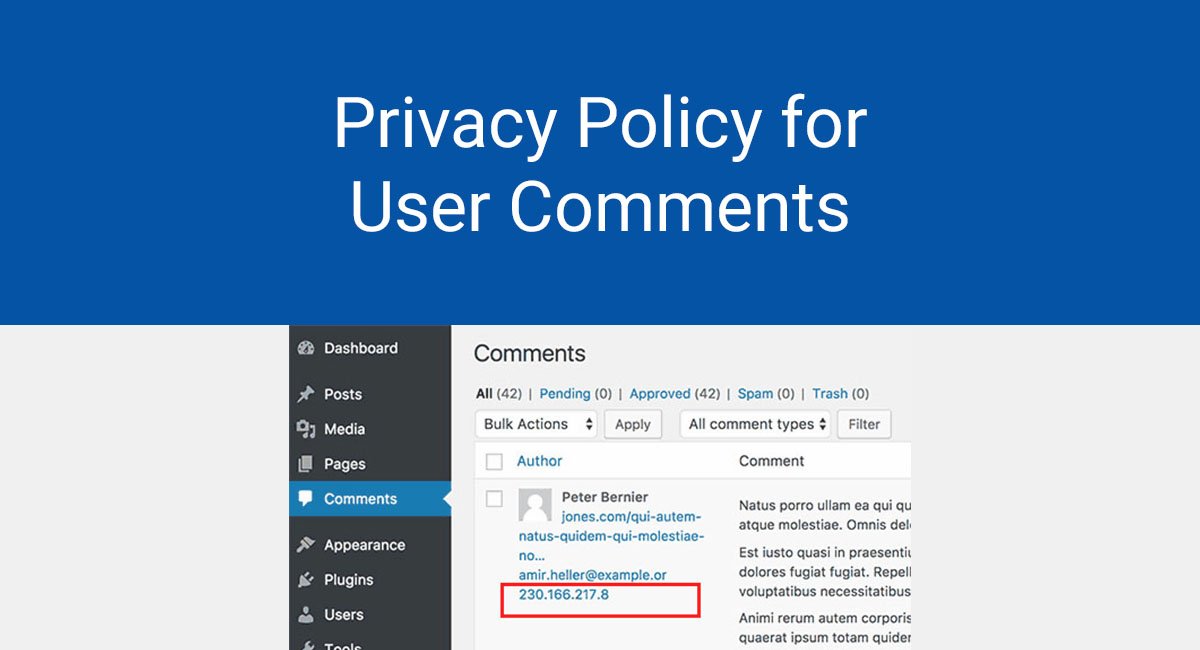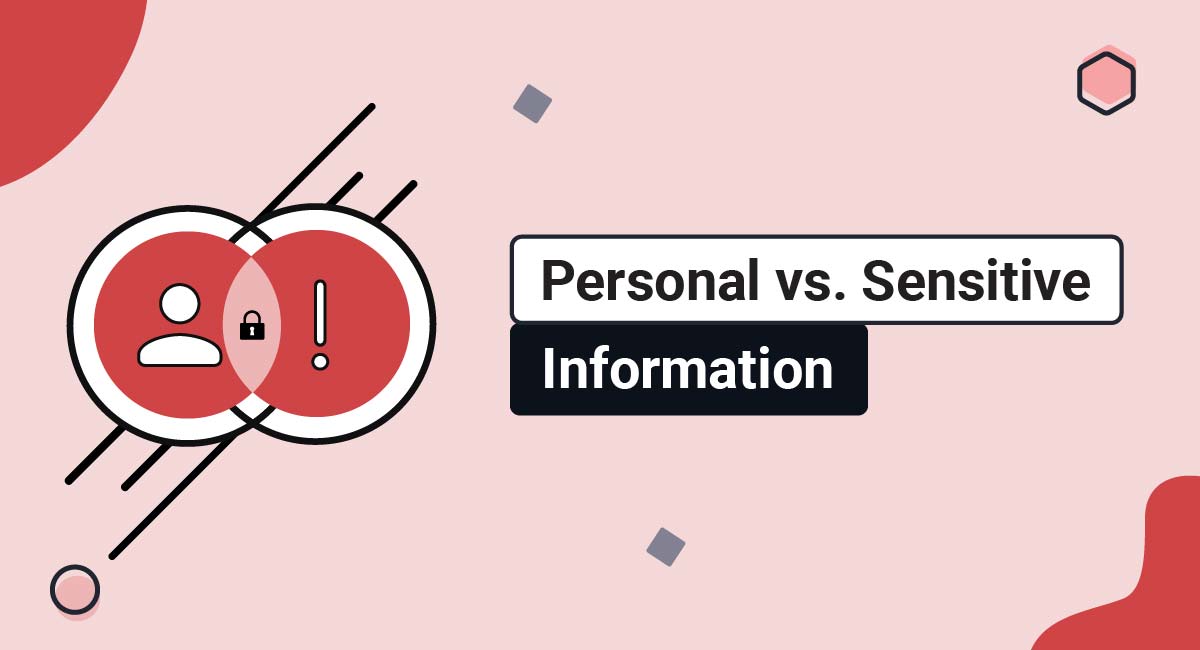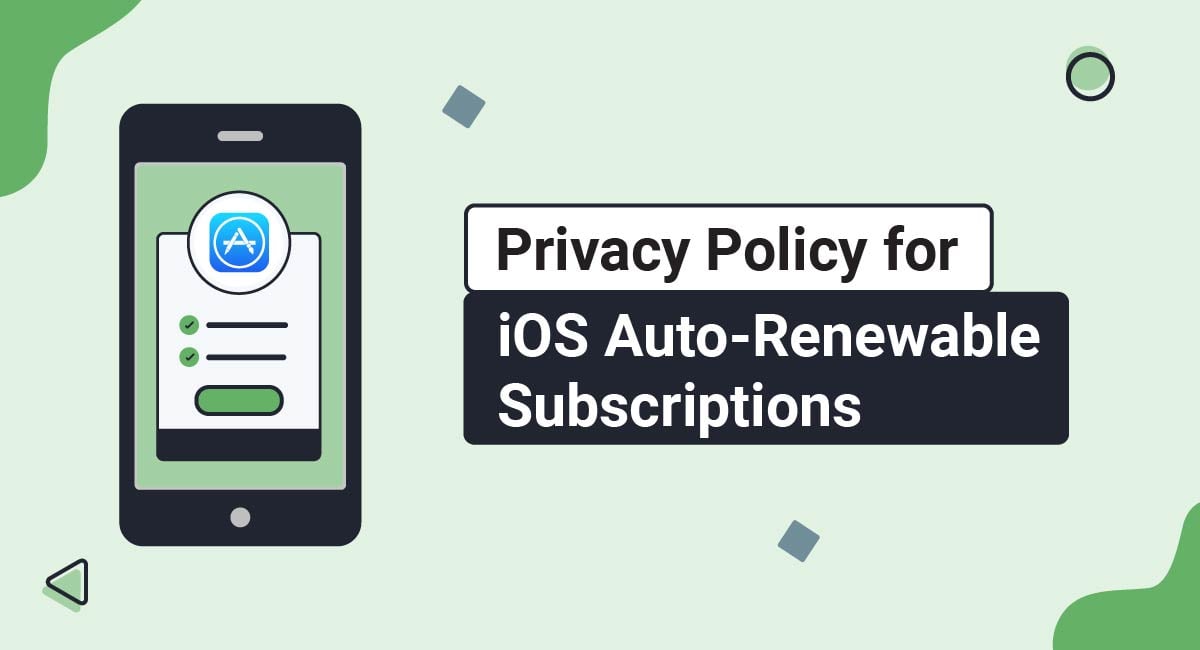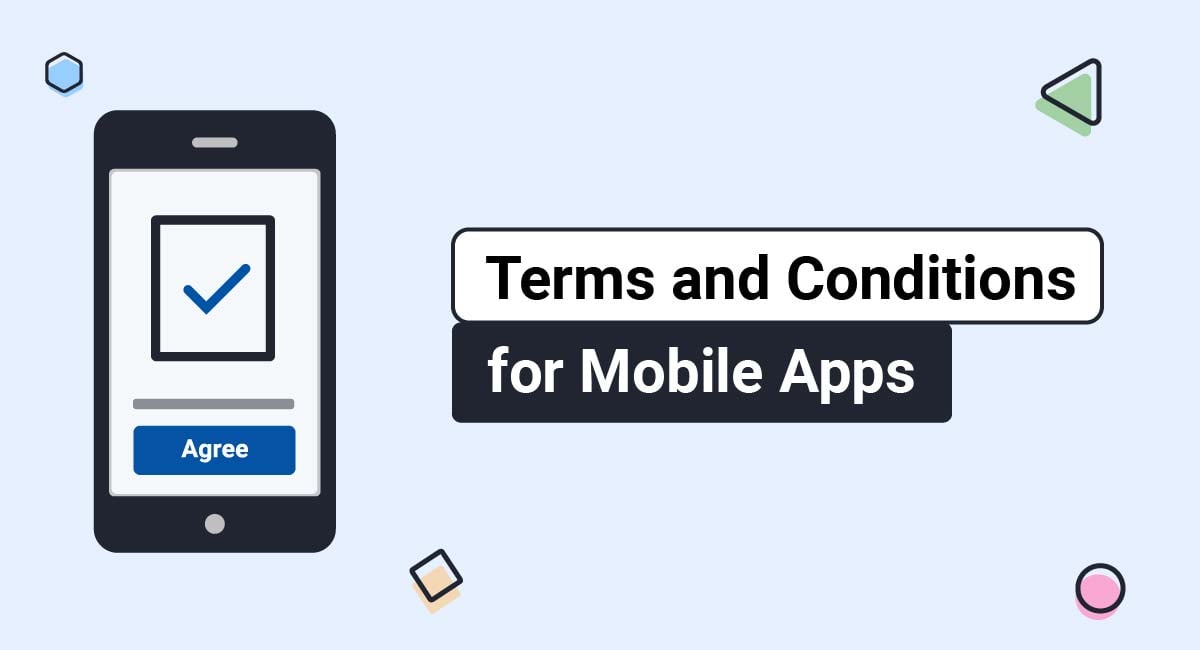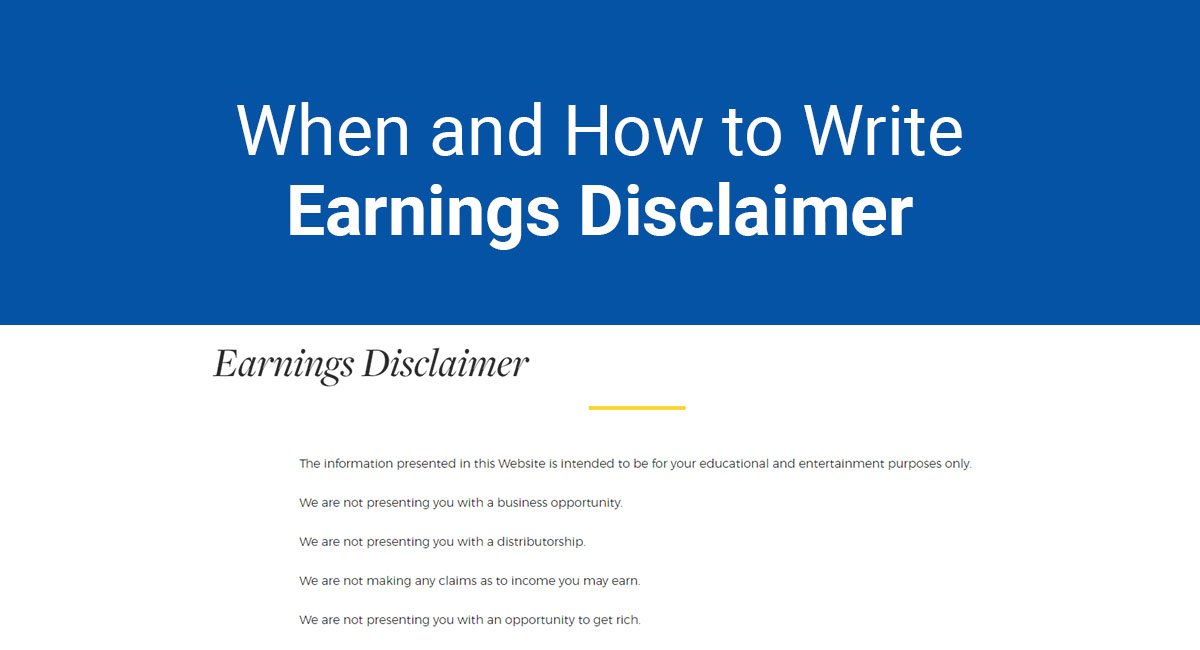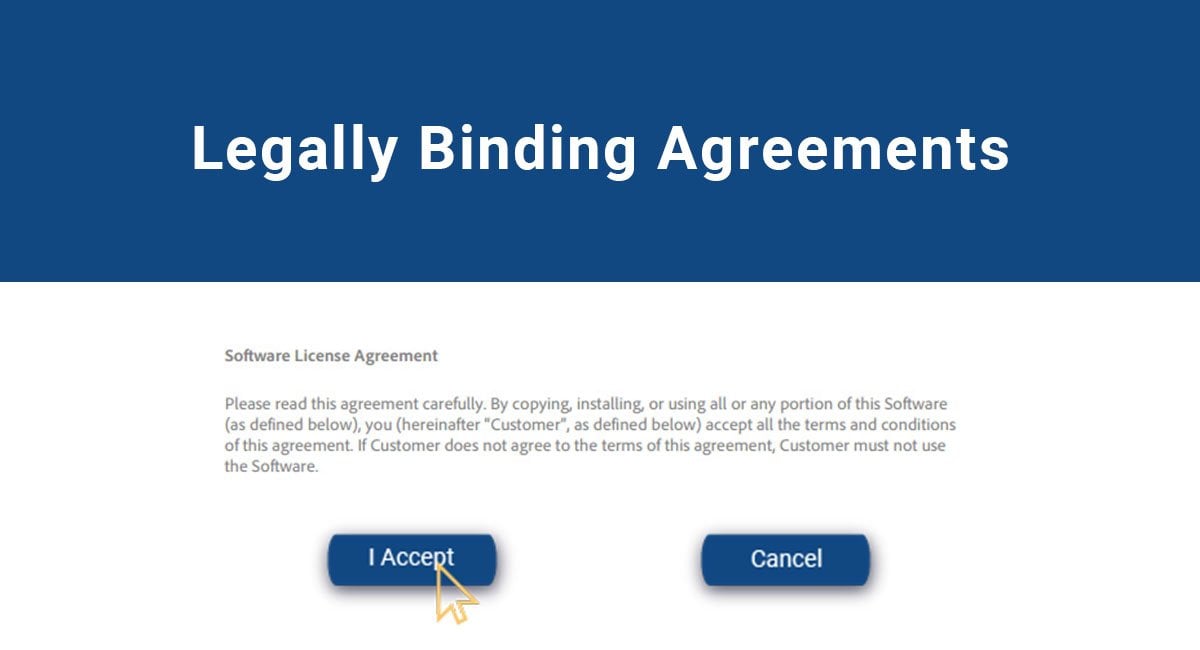Blog - Page 79
Legal articles in easy to understand language.
Privacy Policy for User Comments
It is easy to overlook user comments when it comes to privacy practices. Since users often post comments through third party platforms (like Facebook) and submit the information voluntarily, there are few developers who realize privacy protection laws apply to these exchanges. The laws protecting privacy generally apply to any entity...
Personal vs. Sensitive Information
Personal information is information that can be used to identify an individual. Sensitive information is a type of personal information that is more highly protected by laws due to its more vulnerable nature. For example, personal information can be your last name or email address. Sensitive information can be your...
Privacy Policy for iOS Auto-Renewable Subscriptions
If you offer an auto-renew subscription service through the Apple App Store, Apple places specific requirements on you. One of those requirements is that you must provide a Privacy Policy and make it accessible through your app store listing. A Privacy Policy is also required by most laws throughout the world...
Mobile App Terms & Conditions Template
A mobile app's Terms and Conditions agreement (T&C) is where you set out the rules and restrictions for anyone who uses your mobile app. It helps limit your legal liability while managing user expectations. While not legally required like a Privacy Policy is, this agreement comes with a number of priceless...
When and How to Write an Earnings Disclaimer
Online businesses are hot but not all of them become successful. When you have a product that helps people start their own business, you need to be careful how you present it. This includes truthful advertising but also a set of provisions known as the Earnings Disclaimer. This disclaimer protects you...
What's a Legally Binding Agreement
Online agreements challenge traditional contract law mainly because they are not a mutual agreement between users and developers. They are terms that must be accepted before users can proceed and that is not always considered fair. The reason these agreements become legally binding and enforceable despite their deviance from traditional contracts...
